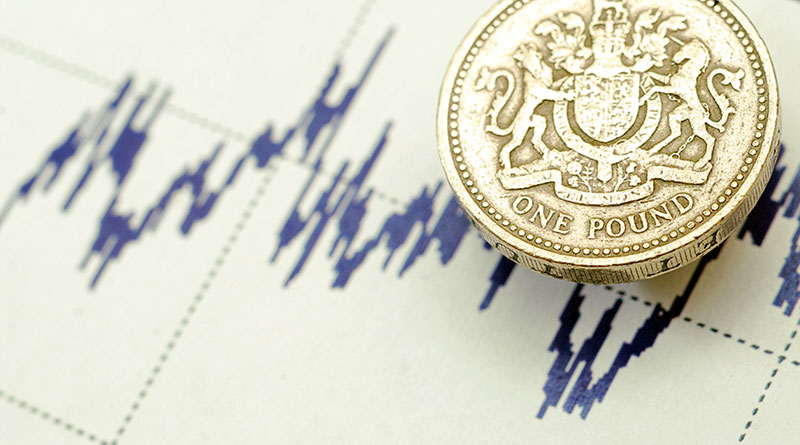UKHospitality Responds to ONS Inflation Figures

The UK’s annual inflation rate fell for a third consecutive month in January, alleviating pressure on the Bank of England to increase interest rates, but remains in double digits and near the highest levels for 40 years.
The Office for National Statistics (ONS) said annual inflation as measured by the consumer prices index fell to 10.1%, continuing a decline from 10.5% in December and its recent peak of 11.1% in October. City economists had forecast a modest drop to 10.3%.
The fall was driven by a continued drop in petrol and diesel prices for motorists at the start of the year, as well as the price of air and coach travel falling back after a steep rise in December.
Restaurant, cafe and takeaway prices also fell month on month, while the cost of furniture dropped as retailers put on January sales.
UKHospitality Chief Executive Kate Nicholls said:
“The rate of inflation decreasing for three months in a row is promising but it remains the case that price rises continue to significantly hinder hospitality businesses.
“A drop in the cost of visiting venues in January is a clear reflection of venues squeezing every drop out of their margins in a bid to attract custom, in order to stay afloat after a Christmas hit by rail strikes and amid the annual New Year drop in consumer spend.
“The cost of energy alone is enough to keep much of the sector teetering at the cliff edge. The substantial reduction in energy support in April, as well as continued labour shortages, will increase the sector’s vulnerability, constrain growth and likely add to further price rises.
“This can be avoided if the Chancellors takes action at the Budget, to tackle the root causes of inflation in hospitality, allowing the sector to help reduce inflation. Intervening in the energy market, reforming the Apprenticeship Levy and introducing a lower business rates multiplier for the sector are all measures that can see the sector tackle immediate challenges and rapidly deliver economic growth for the UK.”
